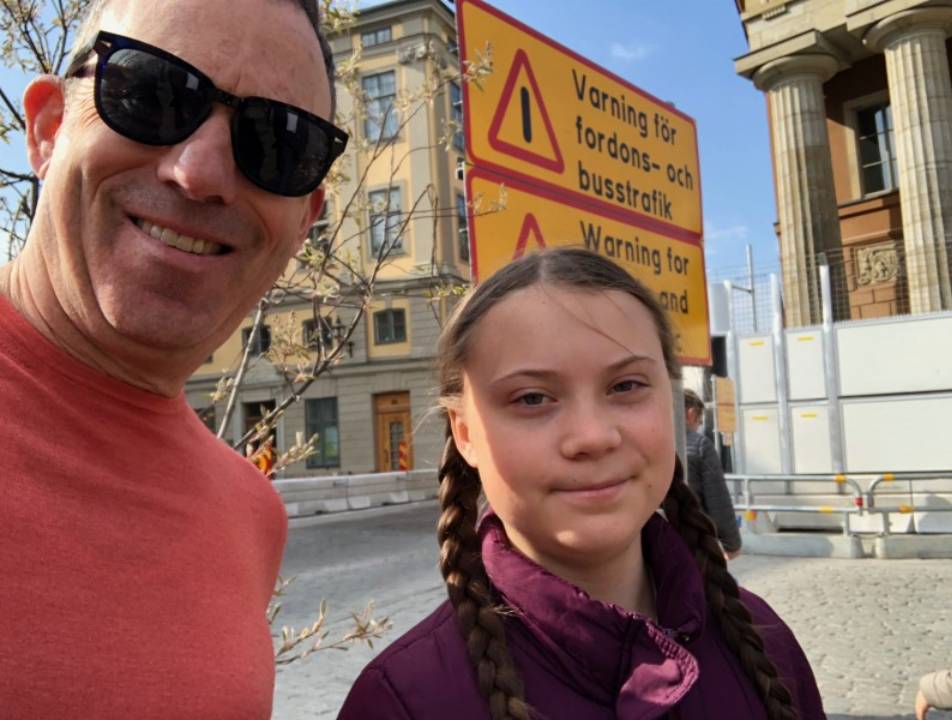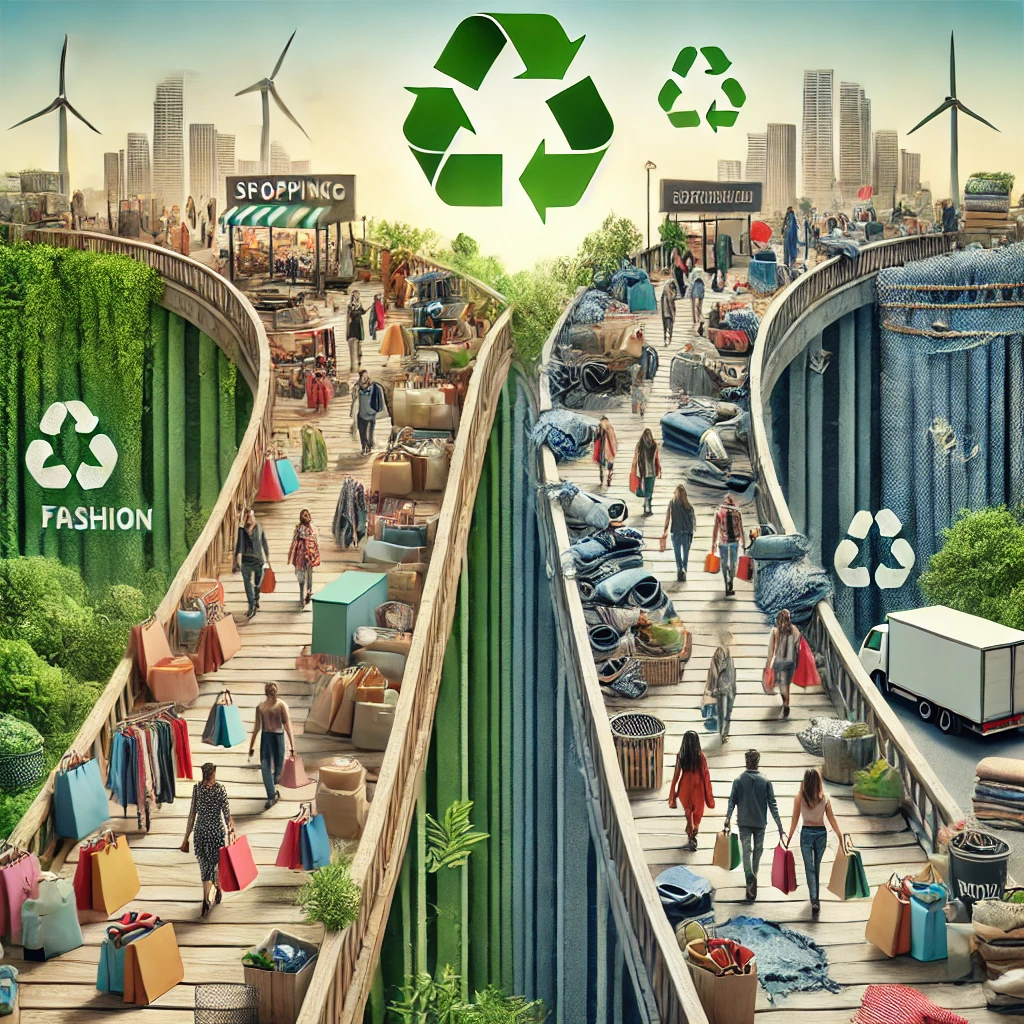By now, most of us have seen Greta’s latest speech at the UN, and it seems the whole world is talking about climate. So many articles are written about it, usually with a fair amount of virtue signalling about how sustainable or concerned the writer is. I won’t bore you with more of the same, but instead, hold up a mirror.
Increasing awareness of climate threat is great. And it leads to a lot of talks. In the case of Greta, most of this talk is either about how wonderful she is, or conversely, how misguided she is, or how she’s being used. Whatever your view of Greta, talk won’t make the difference – only actions will. And none of the talks seems to be about action.
I met Greta earlier this year and I was impressed by her determination and the core group around her. But as a teenager, she can only do her part of raising awareness and leading by example. We can’t look to her for leadership when it comes to designing a structural solution. That’s our job, and we shouldn’t expect others – such as governments – to do it for us.
A strategic solution has to involve a collective behaviour change mechanism.
Let’s be honest: the problem is not about the oil companies (they supply what we demand). It’s not about governments or heavy industries – not that all these are clean or shouldn’t act, but…
It’s about us
We’re consuming, we’re eating meat, we’re traveling, we’re demanding things from the other side of the world in our supermarkets or even worse making online orders, and we’re not willing to go out of our comfort zone.
How many of us are willing to cross the ocean by a sailboat every time we need to travel, just as Greta did on her way to the US? Probably not many – I must admit that I wouldn’t.
Let’s just check ourselves on how far are we willing to go. Are you willing, permanently, to:
- Stop eating meat? poultry? dairy products? eggs? fish? chocolate?
- Stop flying?
- Take no vacations outside your own country? Or countries you can reach by public transportation?
- Stop buying new clothes?
- Stop overheating your home in the winter, and cooling it in the summer?
- Stop using your mobile devices or computer? And stop buying new ones?
- Stop consuming content – including this article? Yes I know I am writing it
- and that’s just the start.
We are lazy and spoiled, and there is very little we are willing to do as individuals to change our habits. So many of us have issues with changing behaviours which will give us personal benefits, like eating better and stopping smoking or drinking. Even when the benefits are personal and observable, we still find it difficult to change.
So how could we expect to change our behaviour for a collective goal of fighting global phenomena, which not everyone believes in, and which there’s no guarantee of solving? In any case, we’re all busy with our everyday lives, stress at work, rushing to take the kids to school, hopping on the scale just to see that we gained weight instead of losing it – so please give me a break about some mysterious climate event that might happen sometime in the future.
And if any of us are willing to act, then they start looking at why others around are not acting as well.
Sure, there are some righteous souls out there who recycle everything they possibly can, swear off single-use plastics, use renewable energy, make tea with rainwater, and a hundred other things. But it means a total lifestyle change, and most of us aren’t willing to do that.
Intrinsic motivations are not enough. They are important, but will not make us move together in the same direction of sustainability (assuming we can even agree on what needs to change, which is a task by itself).
We need a new, extrinsic motivation agent to help us change our collective behaviour and take sustainability action, now.
We need a new economy
History shows that the only thing that works is money. The best way to get someone to do something good for the planet is to provide a reason why it’s good for them right now. Money – it doesn’t sound good but this is the naked truth.
And this means that our economic measurements have to change. The metrics we use to measure success, as the traditional economic growth model is only fuelling and accelerating climate change, and the activities and behaviours that cause it.
Make no mistake, climate change also comes at a hefty financial cost. It’s ironic – although not, sadly, surprising – that the short-term pursuit of profit is going to cost us all dearly in the long run.
The combined value of the carbon economy and climate change damages is estimated to reach over US$ 6 trillion, annually. Insurers are worried that a financial crisis may come from climate risks, and other corporates know the price tag will be hefty. Extreme suggestions like the Green New Deal introduced by Representative Alexandria Ocasio-Cortez and Senator Edward J. Markey are simply not feasible as they require an investment of at least US$ 52 trillion, in the US alone.
But these big numbers simply stun the senses. They make the problem seem even more remote, even more, separate from us as individuals. They make it even less likely that we’ll start to change our behavior.
So a new smart sustainability economy has to emerge: a new consumer economy, geared to changing our behavior. An economy that measures and rewards an agreed set of sustainability behaviors. If you get paid for walking, for recycling, for using renewable energy, for using public or shared mobility solutions and helping women and girls in developing markets to study, then it’s more likely that you’ll do those things.
And who’s going to pay for that, you may well ask?
I am, you are – all of us,
But I’ll keep that for the next article.
Gilad Regev is the CEO of Kora




